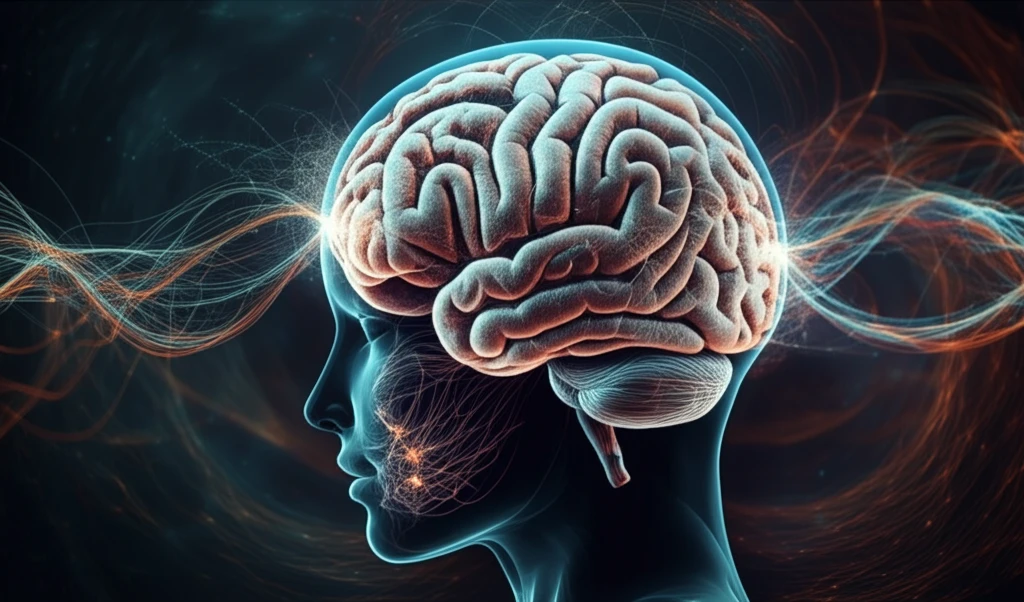
Is Social Media a Smart Way to Learn? Unveiling the Hidden Traps of Online Groupthink
"Discover how social networks can both help and hinder learning, and what it means for staying informed in the digital age."
In today's hyper-connected world, social networks have become powerful sources of information. From news updates to educational content, we're constantly learning from the actions and insights of others online. But what if the very structure of these networks is subtly undermining our ability to learn effectively?
New research highlights a significant challenge called 'information confounding.' This is where the network itself creates a barrier to clear understanding, leading to less accurate and sometimes even misleading conclusions. Think of it like this: when multiple people in your social circle are influenced by the same original source, their views can seem more varied and reliable than they actually are, skewing your perspective.
This article dives deep into how these social dynamics play out. We'll explore the concept of information confounding, and offer tips for navigating the complexities of social learning to make smarter, more informed decisions. Whether you're a student, a professional, or simply someone trying to stay informed, understanding these hidden traps is crucial.
What is 'Information Confounding,' and Why Should You Care?

Information confounding occurs when individuals in a social network learn about something based on both private signals and the actions of their connections. The problem is that the network structure often leads to information overlap, creating a kind of echo chamber effect. People don't see the full picture because their sources are interrelated.
- Duplication of Information: Overemphasizing data from common sources.
- Reduced Accuracy: Inability to discern true consensus from networked echoes.
- Slower Learning: Impedance in integrating diverse, independent insights.
How Can You Learn Smarter in a Social Network?
While the challenges of information confounding are real, they don't mean you should abandon social learning altogether. The key is to be aware of these dynamics and take proactive steps to mitigate their effects. Seek out diverse perspectives, verify information from multiple independent sources, and critically assess the underlying network structure that might be shaping the information you're receiving. By doing so, you can harness the power of social networks while avoiding the pitfalls of groupthink.
